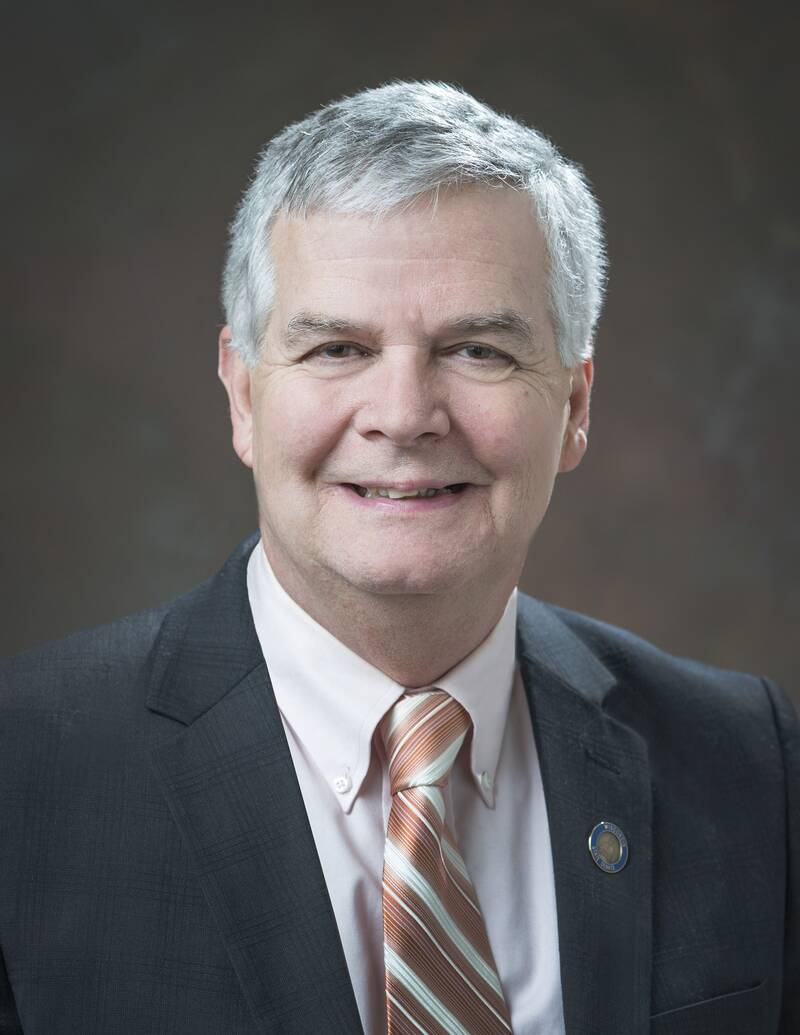Within the last decade, Lincoln Hills has reached a state of crisis. New reports emerged this fall, citing the violence taking place at this youth detention facility. This revelation reminds us that nothing yet has happened to resolve the serious issues in Wisconsin’s youth prisons.
Lincoln Hills, located in Irma, opened in 1970 for male youth offenders. While most of us live far from Lincoln Hills, and few people know individuals housed at the facility, we should all be concerned about the future of these young men.
The way Wisconsin handles youth offenders directly affects whether they end up on a lifetime path within our justice system. We should all want a system that provides a safe space and promotes practices to reduce the rate of recidivism once these young men are released.
After high profile incidents, criminal complaints, civil lawsuits and a federal investigation, officials determined Lincoln Hills needed to shut down. During the 2017-18 session, the State Legislature passed Act 185, to restructure the state’s juvenile correctional system. This legislation was an attempt to fix, what appeared to be, a broken system.
Act 185 will convert Lincoln Hills from a youth facility to an adult correctional institution by establishing Type 1 facilities for serious juvenile offenders and establishing Secured Residential Care Centers (SRCCs) around the state.
Officials needed new facilities for the young adults, currently at Lincoln Hills, to reach their goal of closing this facility. Act 185 appropriated $25 million for the construction of Type 1 facilities for serious offenders under the age of 17 who were convicted of class A or B felonies, including homicide, sexual assault or armed robbery.
Act 185 also appropriated $40 million to build multiple SRCCs around the state. The Department of Corrections (DOC) invited counties to apply for a grant from the $40 million budgeted for this project. I was disappointed when the March grant application deadline passed and the only counties interested were Milwaukee, Racine, Dane and Brown.
After having conversations with DOC officials, I learned that counties are reluctant to apply for the grant because it only covers construction, and they fear the constraints placed on their budgets wouldn’t allow them the resources needed to run the facilities. Thus, the goal of having youth facilities closer to families may not be met.
It does make some sense that counties in Southern Wisconsin would jump on the opportunity to bring their youth back home. After all, 60% of the youth currently at Lincoln Hills are from Milwaukee County.
Something is very wrong with Wisconsin incarcerating disproportionate amounts of African Americans compared to our total population. According to Youth Justice Milwaukee, 70% of the youth in Lincoln Hills are African American, despite comprising only 10% of Wisconsin’s total youth population.
This trend in our youth facilities is seen on a larger scale in Wisconsin’s adult correctional system too. Wisconsin incarcerates African-American men at a higher rate than anywhere else in the country. According to the State Bar of Wisconsin, 43% of males incarcerated in our state are African-American. Wisconsin’s total African-American population is only 6.6%, indicating another example of the racial inequalities in the state.
If we don’t invest in the rehabilitation of our youth, we will continue to see institutional racism in our corrections system. Keeping young offenders close to home is a good first step on the path of reducing recidivism.
The DOC has done everything they can to help counties apply. This year the Legislature passed a bill, signed into law by Governor Evers, to double the amount of funding. We also extended the deadline for closure of Lincoln Hills to allow counties more time to get the SRCCs built and running.
But still nothing is happening. The Republican-led Joint Finance Committee, has refused to meet and vote on the funding. Political games are continuing while time is running out to prevent violence in Wisconsin’s youth prisons. What else will it take?



Add new comment